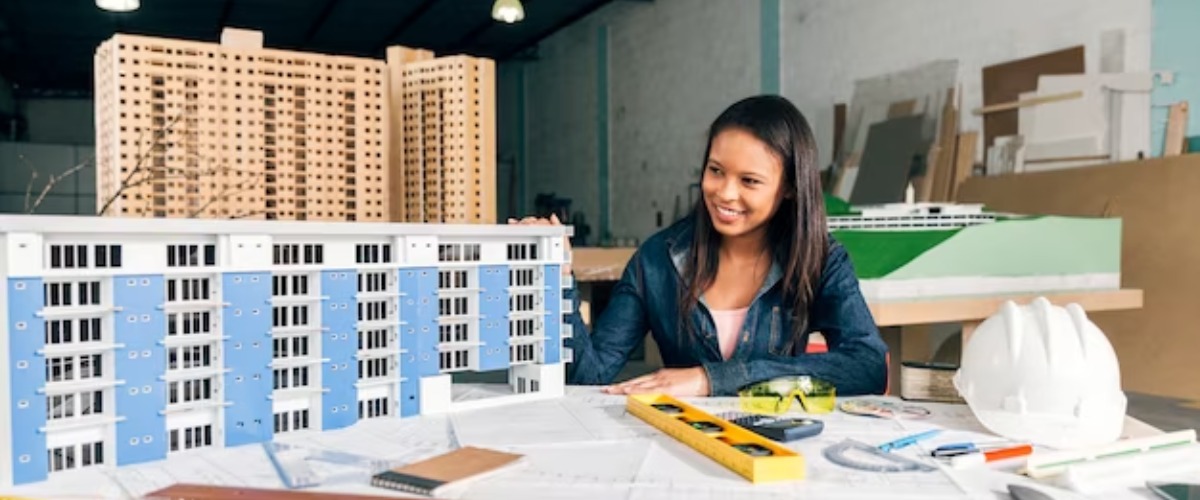The growing demand for rental housing has sparked an urgent need for an increase in construction activity to meet this rising requirement. In this comprehensive guide, we delve into various strategies, considerations, and best practices aimed at spurring the construction of more rental units. By adhering to Google SEO rules and presenting information in easy-to-understand English, this article aims to be an accessible resource for anyone interested in addressing the housing How To Spur Construction Of More Rental Units
Addressing the Need for More Rental Units

The introduction sets the stage by highlighting the increasing demand for rental housing and the imperative of addressing the housing shortage. This section aims to engage the reader and emphasize the importance of the topic at hand.
Understanding the Rental Market
To effectively spur construction, it’s crucial to comprehend current trends in the rental market. This section provides insights into the factors influencing rental availability, allowing developers to make informed decisions based on market demands.
Regulatory Landscape: Navigating Zoning and Permitting

Navigating the complex regulatory landscape is often a hurdle for construction projects. This section explores zoning regulations and strategies for streamlining the permitting process, ensuring a smoother path for rental unit construction.
Incentives for Developers: Encouraging Construction
Financial incentives and government programs play a pivotal role in encouraging developers to embark on rental unit projects. This section explores various incentives and programs available, providing developers with valuable information to make financially sound decisions.
Innovative Construction Techniques: Cost-Effective Solutions

Efficiency is key in construction, and this section explores modern and sustainable construction techniques that not only save costs but also contribute to environmentally friendly practices.
Public-Private Partnerships: Fostering Collaboration
Collaboration between the public and private sectors is vital for successful construction initiatives. This section delves into the importance of public-private partnerships, citing successful examples and highlighting their positive impacts on housing development.
Community Engagement: Overcoming Opposition

Gaining community support is often a challenge in construction projects. This section outlines strategies for effective community engagement, addressing concerns and misconceptions to build a positive rapport.
Utilizing Technology: Enhancing Construction Processes
In the digital age, technology plays a crucial role in optimizing construction processes. This section explores the use of digital tools for project management and efficiency, contributing to timely and successful project completion.
Affordable Housing Initiatives: Catering to Diverse Budgets

Balancing affordability and quality is essential in rental unit construction. This section discusses various strategies to make rental units more affordable, ensuring inclusivity in housing options.
Adaptive Reuse: Repurposing Existing Structures
Repurposing existing structures can be a sustainable and cost-effective approach. This section explores the benefits and challenges of adaptive reuse projects, showcasing successful examples.
Streamlining Bureaucratic Processes: Reducing Red Tape

Bureaucratic hurdles can impede construction progress. This section advocates for streamlined government processes and offers insights into addressing bureaucratic challenges to facilitate smoother construction.
Educating Stakeholders: Promoting the Benefits of More Rental Units
Effective communication is key in garnering support for construction initiatives. This section provides guidance on communicating the positive impacts of increased rental housing and engaging stakeholders in the vision for enhanced housing options.
Case Studies: Successful Models for Rental Unit Construction
Drawing inspiration from real-world examples is valuable for prospective developers. This section examines successful case studies, offering tangible insights into the strategies and approaches that led to positive outcomes.
In by embracing a multifaceted approach that includes regulatory understanding, incentives, innovation, collaboration, and community engagement, we can collectively spur the construction of more rental units, addressing the housing shortage and contributing to vibrant, inclusive communities.
Click here for more visited Posts!




